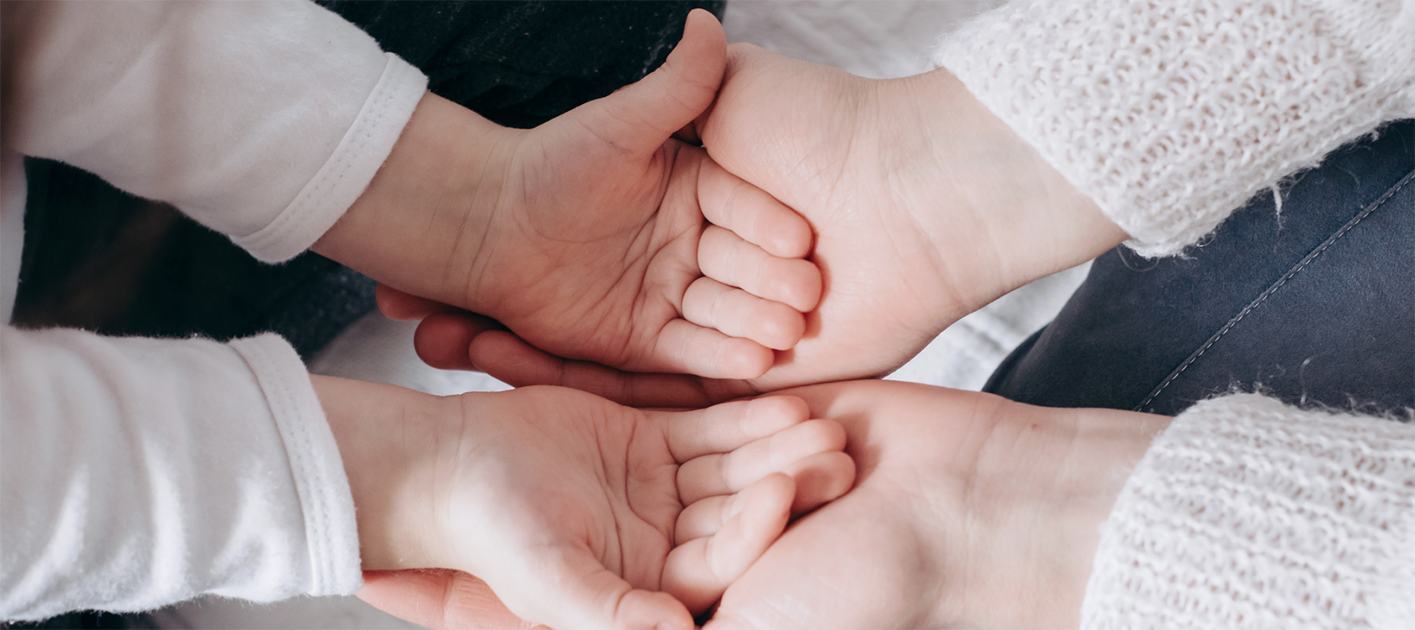Psychological Support for Children and Adolescents
Psychological Support for Children and Adolescents
Admission Close

The psychological support of the child is based on the creation of an authentic and secure relationship of trust between the child and the therapist. Verbal and non-counseling skills in combination with strategies and techniques of cognitive-behavioral therapy, as well as play, storytelling, and various art forms (painting, music, theater) are used for child psychotherapy
The goals of the treatment are unique for each child, and are shaped according to the individual characteristics, the needs of the parents, and the wishes of the child himself. The main goals may be, for example, the expression and management of emotions, the development of communication and social skills, the balance between thought approach, emotion and behavior, the development of adaptive skills, the development of a positive self-image, the acceptance of weaknesses, the losses management and cancellations.
Psychological support is for children with developmental disorders, attention deficit hyperactivity disorder, learning difficulties, low self esteem, speech disorders, anxiety disorders, phobias, emotional disorders, behavioral problems, aggressiveness, social adjustment difficulties, normal functions disorders (sleep / diet / urination), psychosomatic, etc.
A child can start individual therapy at preschool age. The frequency of the sessions are usually weekly . In infancy psychotherapy focuses on the primary caregiver’s (usually the mother) relationship with the infant. In adolescence, speech is mainly used as treatment, but without excluding other techniques (game, narration, arts), as it is a period of transition from childhood to adulthood. The younger the child, the more important is the involvement of parents in treatment, through the counseling process.




